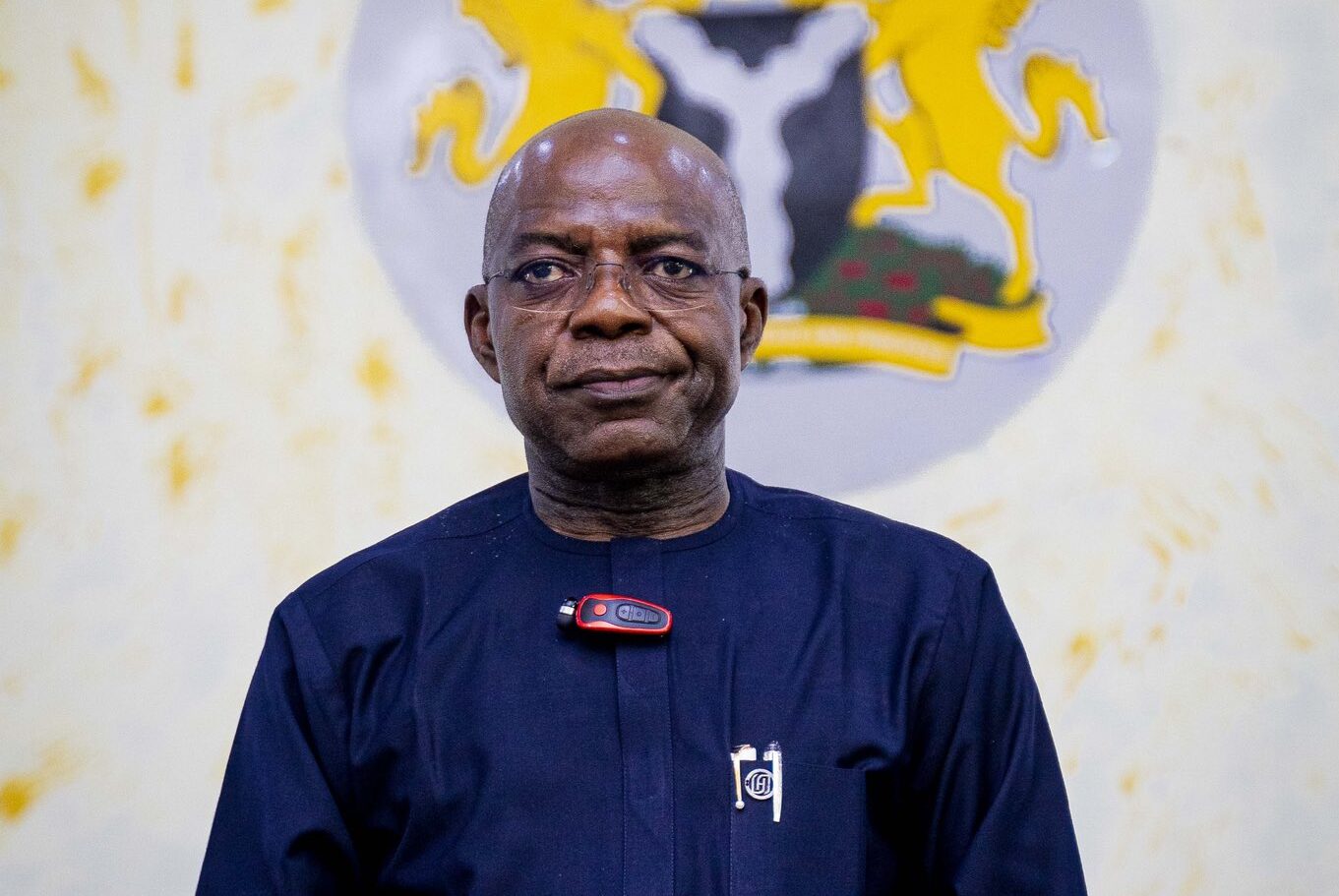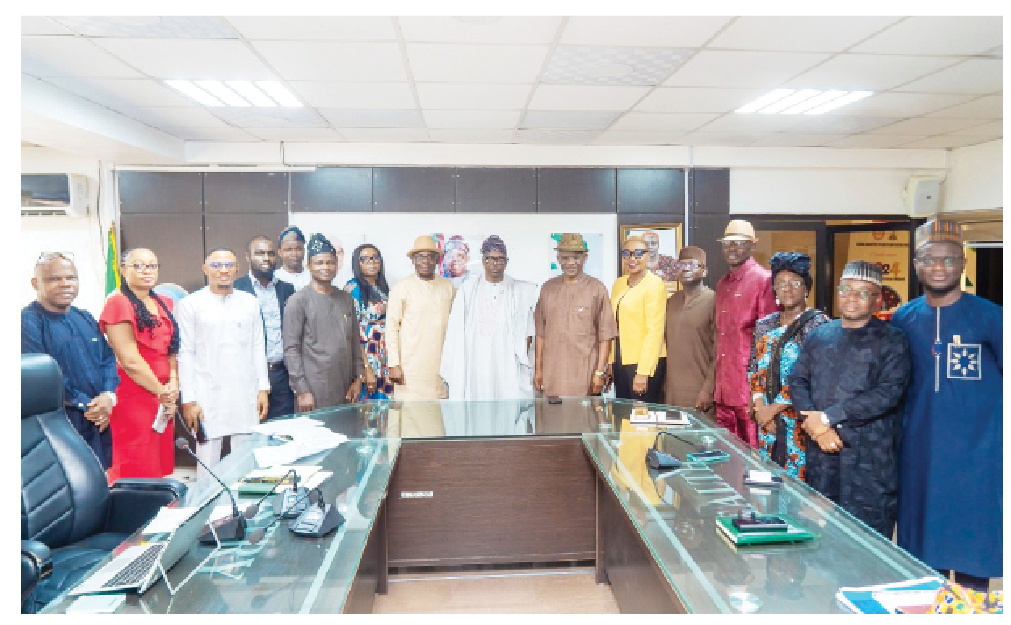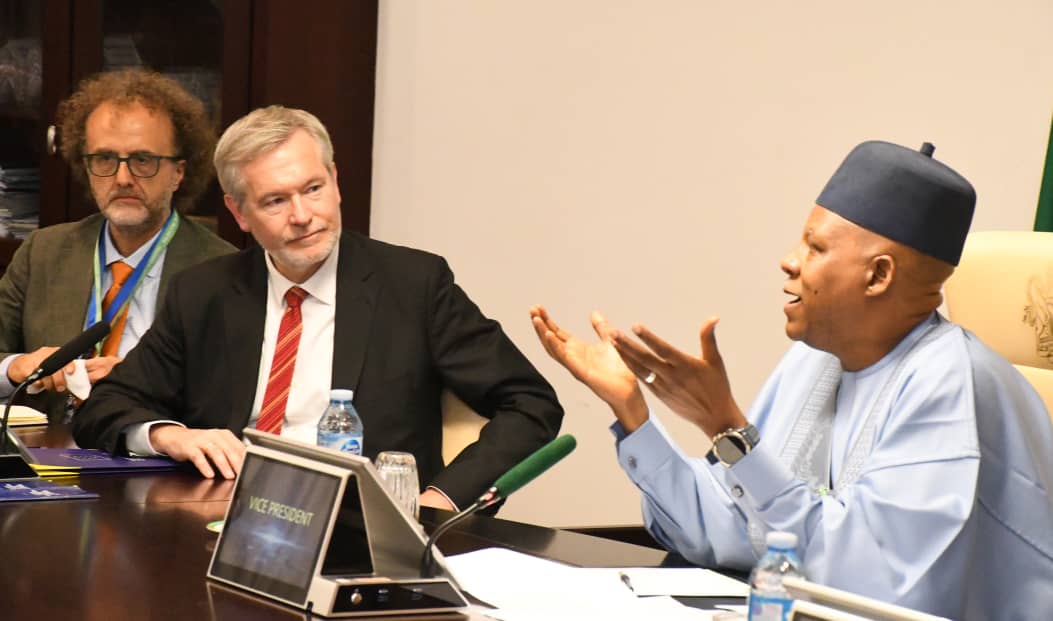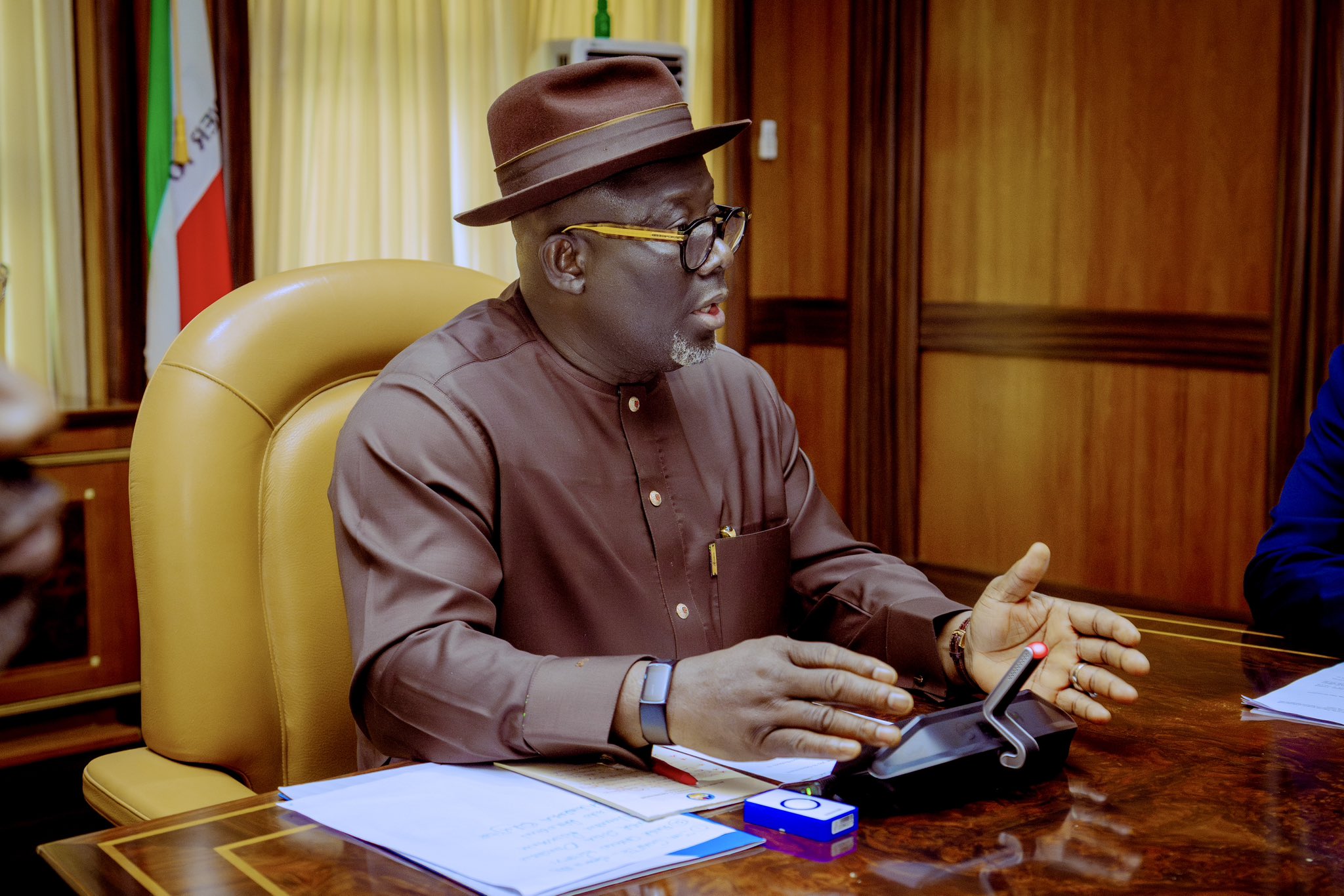Nigeria is set to reassess every trade agreement it previously signed at the global and continental levels and renegotiate unfavourable agreements to ensure these trade policies does not put Nigeria at disadvantage, especially, in the wake of the commitment of the country to African Continental Free Trade Agreement(AfCFTA).
In the previous trade agreements the country had, especially, with the World Trade Organisation (WTO, it already opened up its space 100 per cent, meaning that a foreign investor can come and invest 100 per cent in Nigeria without any hassle. Aside from this, there are other agreements that are unfavourable to the country.
However, in the aftermath of AfCFTA, there were concerns that such agreements may make Nigeria a dumping ground for foreign goods manufactured in African countries, thereby killing the local manufacturing firms.
Speaking on this development at the Editors Roundtable organised by the Federal Ministry of Industry, Trade, and Investment in Ikoyi, Lagos on Monday, the minister of Industry, Trade, and Investment, Dr. Jumoke Oduwole said, the government has resolved to examine all the previous agreements it had to ensure they tilt in favour of the country, adding that Nigeria could discontinue unfavourable agreements that does not give value for the country.
She disclosed that the African free trade agreements will benefit Nigeria a lot more as companies could easily cross borders to sell their products and services offshore, adding that Nigeria is prioritising and maximising its digital prowess in the agreement.
She expects Nigerian exporters to leverage preferential tariff access across African markets, positioning Nigeria as a key player in regional and global trade, and underscores Nigeria’s dedication to leveraging Africa’s single market for economic transformation.
She disclosed that, the number of businesses captured on the MSME portal equally increased from 15,000 in Q4 2024 to 263,454 in Q1 2025, showing that, about 248, 454 fresh Micro, Small and Medium Enterprises(MSMEs) were registered in a bid to catch in on the trade agreements and make them creditworthy for access to credit.
Saying the country’s non-oil exports also increased by 24.6 per cent to $7.46 billion, he stressed that Special Economic Zones exported over $10million in Q42024.
While the country deepened trade relations with 5 key countries, positioned Nigeria as AfCFTA digital trade champions and commenced review of Trade Policy and AfCFTA Implementation, she noted that NEXIM negotiations are ongoing for lines of credit drawdown from Afrexim bank by Q2.
The ministry, she said, was leading the modernisation of Nigeria’s regulatory architecture for investments in order to attract qualitative investments, while working with the federal ministry of Justice on reviewing the nation’s Bilateral Investment Treaties and regulatory framework.
To her, “Nigeria is located in the western part of Africa, making it an ideal hub for regional trade. Additionally, Nigeria has major seaports, such as the Port of Lagos and Port Harcourt, which serve as gateways for the import and export of goods, making Nigeria a focal point for intra-African trade.
“With the AfCFTA, Nigerian manufacturers, exporters, and service providers can tap into new markets, enhancing their potential for growth & diversification across Africa. Similarly, AfCFTA encompasses 1.4B people and a $3.4T market, offering Nigeria vast opportunities for market expansion and economic growth.”
We’ve got the edge. Get real-time reports, breaking scoops, and exclusive angles delivered straight to your phone. Don’t settle for stale news. Join LEADERSHIP NEWS on WhatsApp for 24/7 updates →
Join Our WhatsApp Channel
 3 hours ago
1
3 hours ago
1















 English (US) ·
English (US) ·